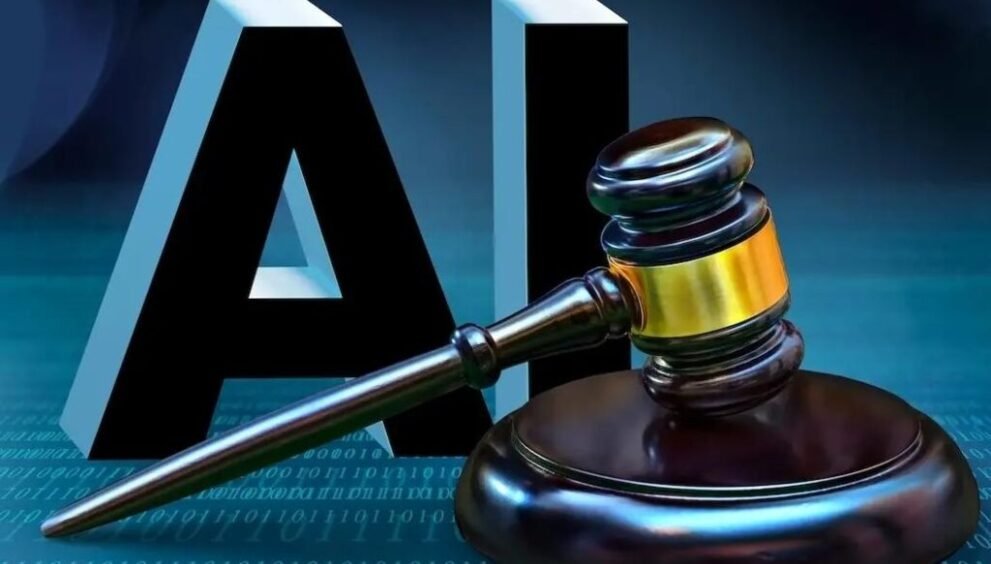Ethical Implications of AI in the Legal Profession

Introduction
In recent years, the legal profession has witnessed a transformative shift with the integration of Artificial Intelligence (AI). This technological revolution presents both opportunities and challenges, particularly concerning ethical implications. As AI continues to make strides in the legal sector, understanding its ethical dimensions is crucial for legal professionals, policymakers, and society at large.
Rise of AI in the Legal Sector
AI technologies, such as machine learning, natural language processing, and data analytics, are increasingly being used in various legal applications. From contract analysis and legal research to predictive analytics and e-discovery, AI tools enhance efficiency and accuracy, allowing legal professionals to focus on more complex tasks. However, this technological advancement comes with a set of ethical concerns that must be meticulously addressed.
Key Ethical Considerations
- Bias and Fairness
- Concern: AI systems can produce biased results because they are trained on historical data, which may contain bias.
- Example: Predictive policing or sentencing recommendations may lead to biased outcomes.
- Solution: Regular audits and diverse data sets are needed to ensure fairness in AI systems.
- Accountability and Transparency
- Concern: AI operates as a “black box,” meaning it’s difficult to understand how it makes decisions.
- Problem: In the legal field, decisions need to be transparent and accountable.
- Solution: Legal professionals must demand more transparency from AI developers to ensure decisions can be explained and justified.
- Data Privacy and Security
- Concern: AI systems handle sensitive client information, raising concerns about data privacy and security.
- Solution: Legal professionals must ensure AI systems comply with data protection laws to protect client confidentiality.
- Job Displacement and Employment
- Concern: AI may automate routine legal tasks, leading to concerns about job loss.
- Solution: There should be a focus on upskilling and reskilling legal professionals to adapt to AI advancements while preserving employment opportunities.
- Moral and Ethical Judgment
- Concern: AI lacks the ability to make moral and ethical decisions, which are critical in legal practice.
- Solution: AI should be seen as a tool to assist human judgment, not replace it. The ethical responsibility lies with legal professionals.
You May Also Like: Data Management Best Practices for Legal Professionals
Best Practices for Ethical AI Implementation
To address these ethical concerns, the legal profession should consider implementing the following best practices:
- Bias Mitigation: Regularly audit AI systems for bias and ensure diverse and representative training data.
- Enhanced Transparency: Work with AI developers to create interpretable AI models and demand clear documentation of decision-making processes.
- Robust Privacy Measures: Implement strong data protection mechanisms and ensure compliance with relevant privacy regulations.
- Continuous Education: Encourage ongoing education and training for legal professionals to adapt to evolving AI technologies.
- Ethical Guidelines: Develop and adhere to ethical guidelines and frameworks specific to AI use in the legal sector.
Conclusion
The ethical considerations of AI in the legal field are intricate and varied. While AI offers promising benefits in terms of efficiency and accuracy, it also raises significant ethical concerns that must be addressed proactively. By fostering a culture of transparency, accountability, and continuous learning, the legal profession can harness the power of AI responsibly and ethically, ultimately enhancing the delivery of justice.
For legal professionals and organizations, navigating the ethical landscape of AI is not just a necessity but an opportunity to lead by example in the responsible deployment of transformative technologies.

















































































































































































































































































































































































































































































































































